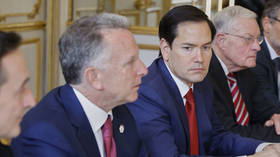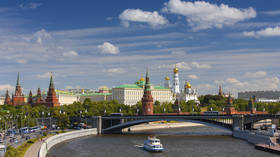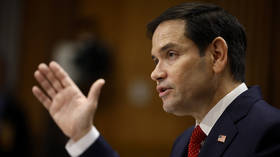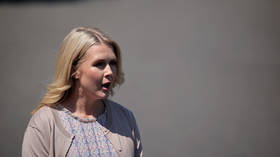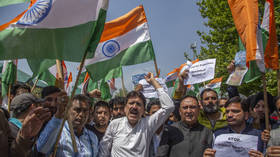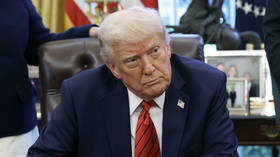Russia’s candidate for world telecom agency post reveals consequences of US tech dominance
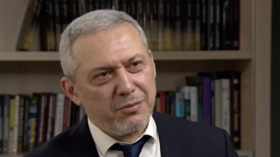
US dominance in the field of technology and communications does not allow the international community to set a legal framework necessary to ensure the protection of all players against “monstrous” things, Russia’s candidate for the post of secretary general of the International Telecommunication Union (ITU), Rashid Ismailov, said.
In an interview with RT, Ismailov, president of Russian telecom giant Vimpelcom, said that in recent years, ITU members have repeatedly discussed the need to develop an international legal framework that covers not only the economic and technical aspects of communications, but also, as Russia has insisted, ethical aspects.
“These rules ‘palliatively’ exist, but have not been developed, because the US absolutely dominates these technologies. Its dominance is decreasing, but still remains overwhelming,” Ismailov said.
The largest tech corporations are based in the US and therefore back the country’s policies, and while other big countries are “trying to reduce the risks,” these attempts are crushed by accusations from the US.
“Every time such questions arise, there are objections that you are trying to stifle democracy, freedom of speech, put up a firewall, introduce censorship, and the conversations do not end there, but can continue indefinitely,” Ismailov explained.
In his opinion, the persecution of Chinese tech giant Huawei by the US is based on fear of competition rather than the stated reason of suspicions of spying. The company itself denies the spying allegations.
There are two main camps “into which humanity is divided” – developing countries and the West, Ismailov believes. In recent years, there have been achievements on the path to developing an international legal framework, but, Ismailov says, the actions of Western nations against Russia over the last month have “crossed them out completely.”
The Russian military attack on Ukraine, launched on February 24, led to massive waves of sanctions and restrictions imposed on Moscow by Western nations. The ITU, despite being a UN specialized organization dealing with information and communication technologies, did not remain neutral either.
On March 9, the Standardization Assembly agreed to kick out all Russian candidates for chair positions in the study groups. Ismailov said it came as a shock for him, especially because the ITU was previously known for making all decisions, even tough ones, by consensus, without voting.
“It seems to me that this assembly was the first one when an issue was put to a vote.”
Ismailov believes that if the resolution had been put to a secret ballot, the result may have been different.
“But there was tremendous pressure, especially on third world countries, developing countries. The resolution passed to exclude all candidates from Russia from everywhere,” he said, adding that the decision is a direct violation of the ITU’s charter, which outlaws discrimination on the basis of nationality.
At another recent event, a meeting of the ITU Council, the Russian delegation, according to him, managed to defy a resolution preventing delegates from Russia from taking part in the September election. This measure would directly affect Ismailov, who said that many experts, on the margins of the meeting, later told their Russian colleagues that they “were forced to vote” for the proposal.
Politics, however, has always played a part in the ITU’s work, he said, despite the organization’s commitment to “concentrate on specific, communications-related issues.” However, with the evolution of internet technology, “politicization has become more and more present,” and Russia can clearly see it now from its own experience, he added.
“I would like to avoid this if I am elected, so that… the organization concentrates on its direct tasks, which are related to frequencies, standardization, and so on,” Ismailov said.




